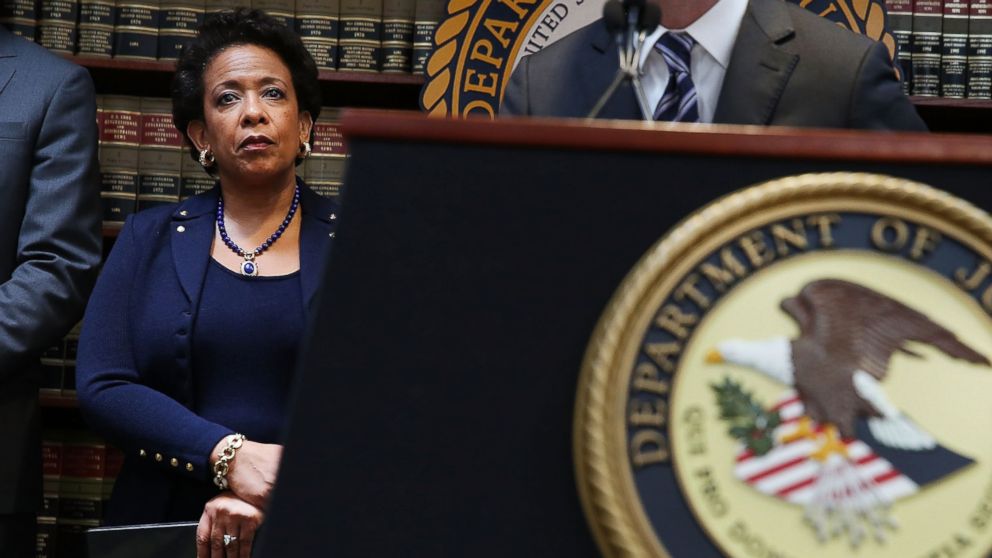Department of Justice Will Go After Anti-Muslim Hate Speech
The Department of Justice will go after hate speech.

— -- U.S. Attorney General Loretta Lynch pledged that the Department of Justice will go after hate speech that might incite violence against the Muslim community, she told a crowd of Muslim-Americans and supporters Thursday night.
“Obviously this is a country that is based on free speech,” Lynch told the audience at the Muslim Advocates dinner in Arlington, VA. “But when that edges towards violence…we will take action.”
Muslim Advocates, a legal advocacy group, asked Lynch to address concerns about an uptick in anti-Muslim rhetoric and hate crimes.
Since 9/11, Lynch says that the Department of Justice has investigated more than 11,000 acts of anti-Muslim rhetoric, which have led to 45 prosecutions. “I think sadly, that number is going to rise,” said Lynch.
Farhana Khera, Director of Muslim Advocates, told ABC News that the organization and 46 others, including the Presbyterian and American Baptist churches, sent a letter in late September to the RNC and DNC expressing concern over “divisive rhetoric being used by some presidential candidates.”
Khera said the inflammatory language towards Muslims on the campaign trail has persisted. Only the DNC responded to the letter.
In recent weeks, Donald Trump advocated for a national registry of Muslim Americans -- which he later denied -- and claimed that Muslims in New Jersey celebrated after the September 11 attacks.
“The demagoguery has to stop,” Muslim American Congressman Andre Carson (D-IN), who introduced Lynch, told ABC News. Carson said that public figures make these remarks because they “get affirmation from being provocative.”
But Lynch says that language generates fear.
“When you feel that fear, that sense of lack of control, and the inability to do something about it, you start to spin and try to find ways that you think will be the easy fix…anti-Muslim rhetoric becomes that path,” said Lynch. “We also will not give into fear.”
Get real-time updates as this story unfolds. To start, just "star" this story in ABC News' phone app. Download ABC News for iPhone here or ABC News for Android here.




